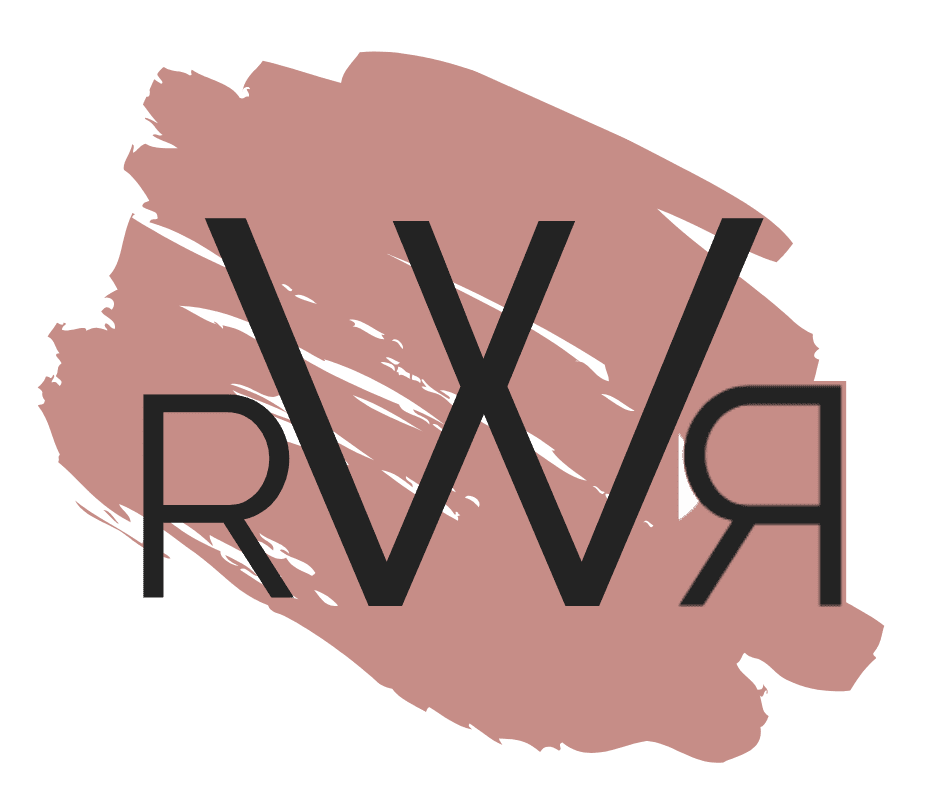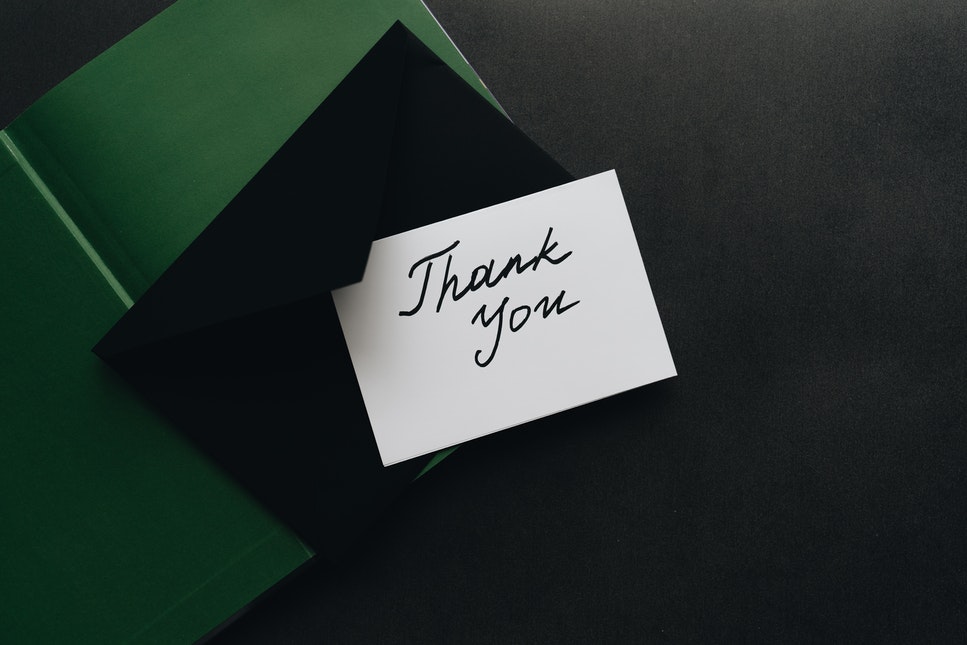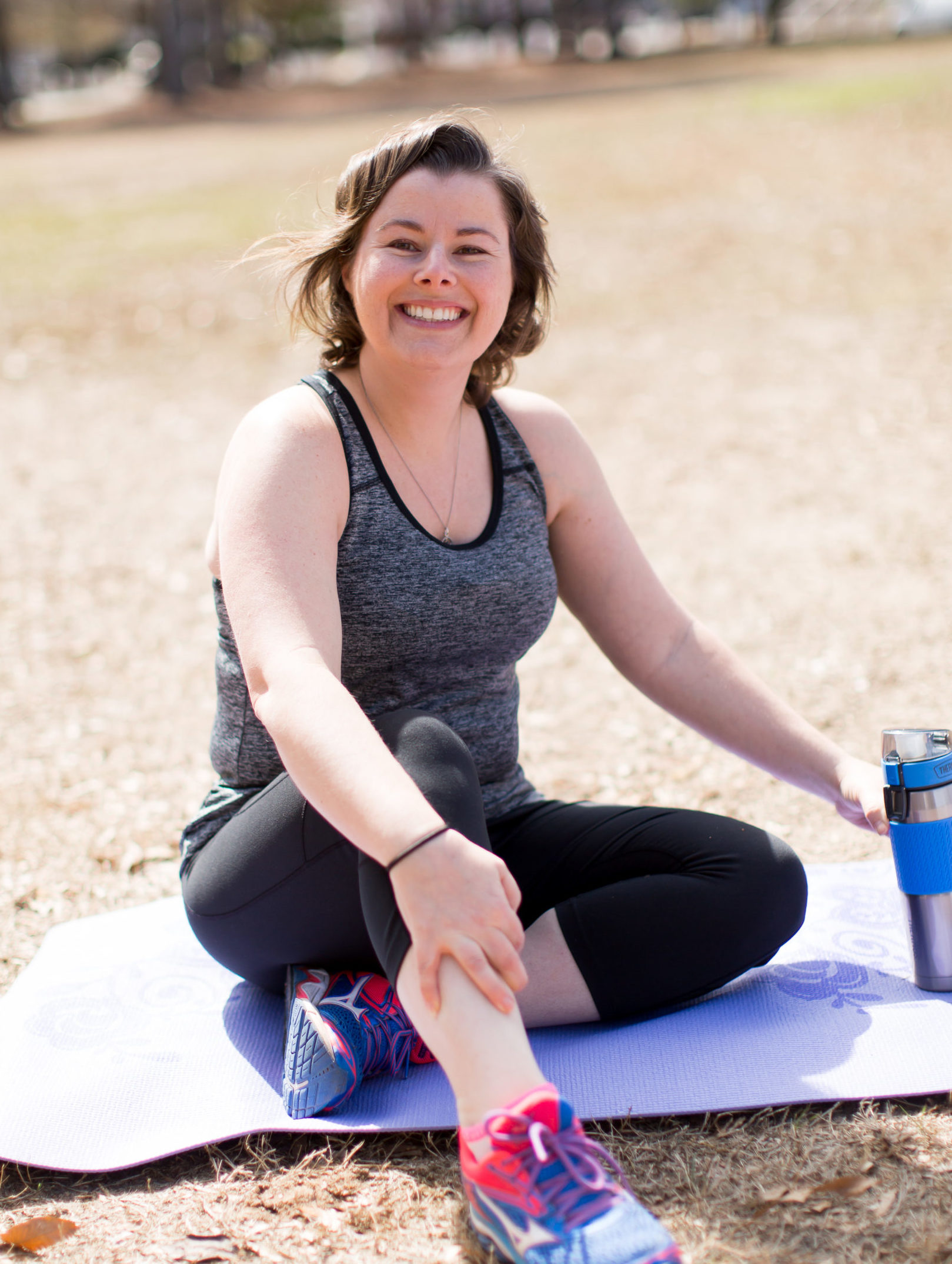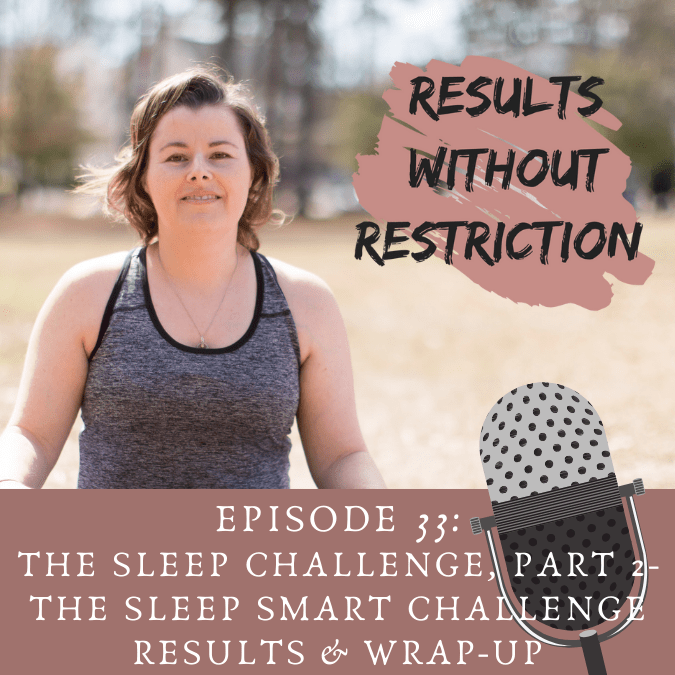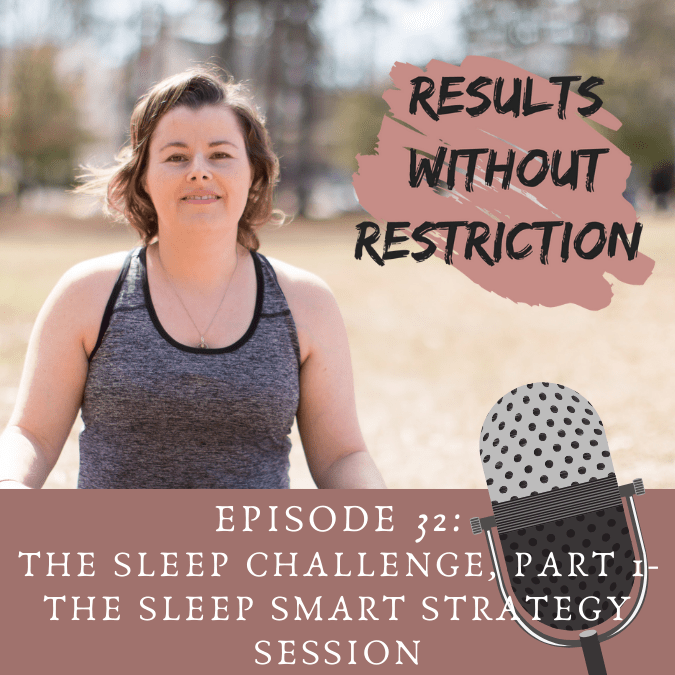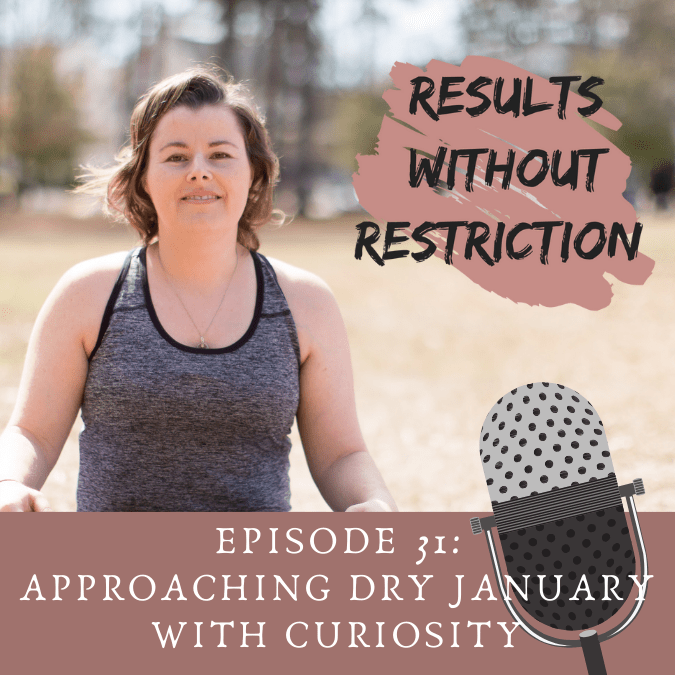Subscribe: Apple Podcasts | RSS
In this episode, I chat with Jennifer Stark, a certified holistic health and wellness coach with a background in professional one-on-one and couples counseling, personal training and group fitness instruction.
Table of Contents
She helps her clients take a holistic look at their struggles—the blocks that keep them from experiencing happiness, vibrant health, and fulfilling love—and empower them to take action to reach their goals.
Resources
- https://www.starkwellness.com/setting-boundaries-your-permission-slip-and-strategies-to-help/
- https://www.starkwellness.com/the-art-of-loving-a-woman/
- https://www.starkwellness.com/the-art-of-loving-a-man/

Jennifer Stark is a Life, Love and Wellness Coach. She believes implementing a holistic approach helps her clients reach a more optimal level of health—mentally, physically, emotionally and relationally—and tie all aspects of their lives together so that they experience more profound shifts and empowerment for lasting success.
Jennifer holds a Master of Science degree in Counseling Psychology and a Holistic Health Coach Certification from the International Association of Wellness Professionals.
Her supplemental certifications include Life Strategies Coaching and Stress Management Coaching from Spencer Institute, and Personal Training and various group fitness instruction certifications from FitTour.
After 18 years working as a counselor in public schools and family counseling centers and as a personal trainer and group fitness instructor in several gyms, Jennifer decided to move forward on her own and created Stark Wellness, a private coaching and consulting business. She works with clients remotely via WhatsApp, Skype or Google Meet sessions.
Blog Title: 10 Transformational Insights from Jennifer Stark on Holistic Wellness and Lasting Change
SEO Title: 10 Powerful Lessons from Jennifer Stark to Improve Your Health, Relationships, and Stress
SEO Description: Discover 10 powerful, holistic insights from wellness coach Jennifer Stark that can help you improve your health, reduce stress, and strengthen your relationships. Real strategies, real results.
What if one small change could transform every part of your life?
In this episode of the Results Without Restriction podcast, I sit down with Jennifer Stark, a certified holistic health and wellness coach who brings together her background in professional counseling, personal training, and group fitness to help people create real, sustainable change.
Her approach is grounded in the belief that all areas of life are interconnected—your relationships, your energy, your sleep, your mental clarity, and your physical health. When one improves, others often follow.
Here are 10 transformational takeaways from our conversation:
1. You Don’t Have to Choose Between Mind and Body
Jennifer blends her clinical background in counseling with her experience in fitness and wellness, proving you don’t need to choose between emotional and physical health. They support each other.
2. Stress and Strained Relationships Are Often Linked
Most clients come to Jennifer because of stress or tension in their relationships. But the causes often overlap—what you eat, how you sleep, and whether you’re hydrated can all influence how you show up in your relationships.
3. Holistic = Whole-Person Health
Forget the buzzword. Holistic wellness simply means looking at everything in your life—emotions, habits, nutrition, sleep, stress, relationships—and seeing how they impact one another.
4. Sometimes Water Is the Answer
The snowball effect is real. Jennifer shared stories where simply drinking more water led to better mood, improved sleep, fewer arguments, and even stronger connections between partners.
5. You Don’t Need to Fix Everything at Once
Rather than aiming for a life overhaul, Jennifer encourages clients to focus on one simple action that can ripple into multiple areas. Small tweaks. Big impact.
6. Coaching vs. Counseling: Know What You Need
Coaching is ideal if you have goals and need support, strategy, and accountability. Counseling is more appropriate for deep trauma or a need for diagnosis. Jennifer, with her background, understands how to help you decide what’s best.
7. Couples Work Includes Health, Not Just Emotions
Jennifer supports couples not just in communication, but in building habits that help them feel better individually—because that naturally improves the relationship. Think: sleep, stress management, exercise, and nutrition.
8. The Trickle Effect Works Both Ways
Negative habits can lead to a spiral of fatigue, frustration, and burnout. But positive habits (even tiny ones like daily deep breathing) can lift multiple areas of your life at once.
9. Self-Awareness Is the First Step
Jennifer recommends starting each day with a self-check-in. Ask: Have I eaten? Slept? Had water? Moved my body? Sometimes the most heated arguments are actually symptoms of unmet needs.
10. You Deserve to Feel Good—and Connected
Whether you’re stressed, struggling in your relationship, or just feeling low energy, you don’t have to accept that as your norm. With the right support, healing and thriving are possible.
About Jennifer Stark Jennifer is the founder of Stark Wellness, a holistic coaching practice designed to help individuals and couples improve their emotional health, physical well-being, and relationships through an integrated approach. She combines personal training, group fitness, wellness education, and professional counseling into one powerful support system.
Connect with Jennifer Stark:
- Website: starkwellness.com
- Instagram: @jenniferstarkwellness
- Facebook: facebook.com/starkwellness
Love this episode? Subscribe to Results Without Restriction on Apple Podcasts, leave a review, or share it with someone who needs a holistic reset.
Podcast Transcript
By offering kind of a broad, I call it broad spectrum, you know, like sunscreen, you’re doing all the different things because it’s like a blanket. It’s gonna, it’s gonna solve all, like a whole bunch of problems at one time. You know, 10 birds, one stone.
And I hope to see more people doing that because I, I think it, we really do need to talk more about how everything is interrelated and things you’re doing physically, like drinking water, eating regular meals, getting enough sleep, impact, mental health, stress. Anxiety, depression, and things that you can be doing, like journaling and all these activities. It’s all interrelated.
It can all, they can all have positive effects in different areas. So I hope to see more of this. I’m Laurie Mallon, and this is the Results Without Restriction podcast, the show where results have nothing to do with weight and everything to do with setting and reaching health and fitness goals that focus on what we’re achieving and not what we’re losing.
We’ll talk about deprogramming from diet culture and get expert advice on reclaiming your relationship with food and movement. Join me on this journey to get results without restriction. Welcome, everyone.
I am here with Jennifer Stark, who is a certified holistic health and wellness coach with a background in professional one-on-one and couples counseling, personal training, and group fitness instruction. She helps individuals and couples take a holistic look at their struggles, the blocks that keep them from experiencing happiness, vibrant health, and fulfilling love, and empowers them to take actions to meet their goals. Welcome, Jennifer.
Hi, thank you. I’m so excited to talk with you this morning. The first thing that I always ask my guests, I don’t know if you’ve listened, but I always like to kind of get your background and what brought you to this point.
I spent years working as a professional counselor in different settings. I worked in clinical settings and schools and marriage and family centers, even did some public speaking. And along the way, I also worked part time doing personal training and group fitness and wellness classes.
Like you said before, I worked at gyms and I even did health classes for some of the companies that I worked for as a counselor. And after I married my husband, I stopped all the part time jobs. And then when my son came along, I always thought I would be a working mom and daycare and school were fine.
And I pictured myself being the best mom and still being the best counselor and best wife and doing it all. And when he came along, I was in the PhD program and life was good, but that didn’t last. And I hated handing him over every day and being without him all day.
And I would just want to be with him. And I started losing desire to work, finish that PhD program or really do anything else. And I was just so exhausted and stressed from trying to do all that.
And I wasn’t being the mom that I wanted to be. So my husband and I did a lot of talking and full searching on this. And we decided that dropping out of the PhD program would be OK.
And then we decided that quitting the job would be OK, too, as long as I worked part time and still helped out financially. And I always wanted to start a private practice. So that was the time.
So while I’m getting my new life and part time, but very traditional private practice set up, I was missing and started thinking about all that work that I did in the health field again. And I was really missing it. And I kept having this idea, just welling up in me, kind of hearing about coaching, life coaching, wellness coaching and all these different areas of coaching and thinking of how I could make my private practice incorporate all of those things.
And right then it dawned on me that private practice means this is my own. I can do this how I want, how I’ve always wanted. And I’ve always believed in the mind, body, heart, spirit, connection.
And so this was my chance to make that, to make one place, one space that people can get holistic help. So I jumped into a holistic health certification course and life strategies coaching class. And I reinstated all my personal training and all the different group fitness instructors, certifications.
And I let that professional counseling license fire and then started my dream coaching business that I call Stark Wellness. I love that. So it was really about taking all of the components that really lit you up to help people with and putting it all in one place.
And that’s what holistic really means. I know a lot of people when they hear holistic, that’s kind of a buzzword that kind of has a connotation that in truth it means looking at it as a whole. But it’s taken on this meaning of being woo woo and like essential oils and all these kind of like pseudo sciency things for holistic wellness.
But it really means looking at your life as a whole and all of the different components, how they fit in, how they interact with each other. So can you walk us through a little bit like when you are talking about holistic wellness, you just you touched on it a little bit. I’d love for you to expand about what that means, body, mind, spirit, all of those things.
Yes. And the wellness part of it is where you come to the understanding of how all the aspects of your life tie in together. Your physical, mental, emotional health, relationships, your spirituality, your overall well-being, all interconnected and how what’s going on in one area of your life is impacting other areas of your life.
And it could be negative and positive ways, which to me, that’s the beauty of holistic wellness is it not only helps you really come to root causes and really see what’s happening in your life, what’s going on behind the scenes and bringing things out to manifestation, but it also gives you like an open book to resources for yourself. Also, you know, any goal that you have, there’s more than one way to reach that and achieve that. And there’s because everything in your life impacts, there’s a trickle effect in a negative way, but there can also be a trickle effect in a positive way.
And so, you know, just a simple example, drinking more water and you think you’re doing something for your body and your physical health. But you’re also helping your mind to be more clear because you’re staying hydrated and you’re helping yourself sleep better. And then those things help you wake up a little more quirky in the morning and they help you get through the day better because you’re staying hydrated and your mind is more alert.
And it’s probably helping with your stress levels and things like that. So it gives you just a broader range of all of these different ways that you can help yourself and really maximize your potential. So what it sounds like is there are lots of very simple strategies that have snowball effects in ways that we don’t even know.
And it sounds like what you specialize in and what you’re able to do is understand and kind of look at the big picture, right? You’ve got that objective perspective. To be able to look at somebody’s situation and kind of see where a tweak over here might trickle down over there. When you’re in a situation, it’s really hard to see all of the different moving pieces.
But you can kind of look at it and have that visibility and say, okay, I see a couple of things that may help you. If you’re sleeping better, you’re less stressed, you’re not picking fights, you’re not tense, you’re not getting into these arguments with your partner. They kind of trickle down, like you said, and impact all these different areas.
You have this therapy background, sorry, you have a counseling background and now you’re doing coaching. Talk to us a little bit about the difference between the two. How do we know when we need either one? Right.
That’s a really common question. And it’s a good question. It’s important, too.
So I help my clients work on achieving goals and creating new lifestyles, improving the overall quality of their lives. I partner with my clients and inspire them. I hope I inspire them to become empowered and move forward.
So some might say a counselor spends a little more time examining the past and deep emotional concerns. So with my background and counseling experience, I know that our past, I mean, we all know, our past does need to be addressed. It does affect our present time and it will still affect our future and it needs to be addressed.
So I do help clients heal and learn from past experiences. But for anyone with significant psychological problems, I recommend always contacting a licensed therapist, some cases a physician, especially if they’re seeking a diagnosis for insurance purposes, because coaches definitely should not make diagnoses. And I’m happy to work in collaboration with these professionals.
I think the most obvious answer when you’re trying to think about how do you know which one you should do? Should I try a counselor or should I go to coaching? If you have specific goals and just need some guidance, need some support, you need some accountability, or maybe you’re feeling stuck in some kind of negative patterns, but you don’t have severe emotional and mental disturbances, then coaching might be right for you. It just might be perfect for you. It might be the best thing for you.
And also, it could be to help you along as you’re healing in your work with a therapist. So someone might be working with a therapist to recover from an eating disorder that’s associated with past trauma. And they might be working with a coach to make some lifestyle adjustments that are recommended by that therapist or a nutritionist.
And somebody could be seeing a doctor for some specific treatment for a disease or even a mental disorder, like a psychiatrist. And they might work with a coach as well, just to get some extra help and accountability and to really explore strategies to stick to a protocol that a doctor has given them. The doctor doesn’t have time to meet with them weekly and to make sure that they’re doing all these things.
And so that’s where I can come in. And I could be help with the accountability, but also the strategies. I’ve worked with a client who was an alcohol anonymous, so another area where he had been in the program and treatment and sober for two or three years.
And he was still attending meetings and still getting support from a sponsor, but he just wanted some more help in making some other changes in his life. You know, we don’t exclude talking about his addiction, but only as it relates to his current circumstances and his triggers and the choices he’s making right now. And so if he were to start relapsing or anything like that, then my recommendation is that sponsor, you know, he’s got that sponsor, he’s got that group to tie to with that.
So you’re really focused on strategies and, you know, approaching forward movement, going working towards a goal, helping to create a vision now moving forward. And, you know, considering what’s happened and what you’ve come through and how you want to move forward now. So you mentioned that you work not only with individuals, but also with couples.
Talk a little bit about what that would look like. I’ll just give an example of one couple that I worked with. We started out, they started out calling me, of course, distressed in their relationship.
The probably two biggest calls I get are, I’m stressed or we’re stressed. So we start out, when I work with a couple, we start out, you know, of course, looking at what’s going on for them and getting stories out. And I say stories because there’s two sides, right? They have their story within each individual story.
And that’s where I try to come in and help them to see what’s going on interdependently. Right. So, you know, there’s, yes, communication, yes, things between them, but then they each also, you know, they’re each a separate person, right, with separate personalities.
And we are raised in different families. We have different examples of what a husband should be like and what a wife should be like and what a mom should be like and what a dad should be like. And we have different ideas about what’s romantic and what shows love and what means love and how to handle conflicts.
And then you have your personalities and then you have your, and we try to bring that into a relationship and how do you meld all that together and get along on a daily basis. So I help them kind of muddle through all that and, you know, go through their old stories and kind of what brought them to where they are and their hopes for the future and the expectations that they had and things like that. And so there’s a lot of work like that in the beginning and definitely working on communication and understanding each other and understanding how to approach each other and how to get the other person to listen.
Right. That’s a little common thing. Is the answer, drink more water? Because I could do that.
That sounds like, I’m wondering if that’s part of the trickle of the snowball effect of drinking water that you’re, you know, you’re fewer, fewer arguments with your partner. It definitely can help because, hey, it can’t hurt. I’m thinking it can’t hurt.
So, you know, well, in eating well, I mean, my husband would say he is always making sure that I am eating throughout the day. And not missing meals because he’s had the wrath, right? The hangry. And I get that way.
And so I know that I got myself and I have to say, I can’t let myself go, you know, long, long times. But he also, he knows that about me. And so he’s just little things like that.
You think it seems silly, but if if a husband or wife can understand that about their partner, they can soften up a little bit when they, you know, he softens up a little bit. He used to be just like telling me, you know, stop getting so snippy, stop. And now he’s like, okay, she hasn’t eaten.
I’m gonna let that slide. She needs to eat. You know, we need to get to a restaurant.
We’ve been out too long or we need to get home or whatever. So yes, I mean, right, the health aspect comes into it too. But I was talking about a particular couple.
And after several weeks of working together, and they were really feeling good about their relationship, and then they start wanting to improve their health. Oh, we want to start eating better. We want to start working out better.
We found this personal trainer, but we’re gonna have to drive an hour away and like, hey, I can do that too. Like, do I have great news for you? Exactly. And so then, you know, we moved into that.
And it’s great because we still touch on some of the issues they were having emotionally. How are you doing on that? And to me, it’s not separate. Like, some people might think, oh, no, you shouldn’t have that kind of dual relationship.
But to me, it doesn’t, you can’t keep it separate. Like, they’re gonna work with another personal trainer who doesn’t know how they react to each other. And you know what I mean? It’s like, if I have this holistic understanding, and I felt like I could help them in a good way.
And they did benefit from it a lot. And they love that. Also, you know, even after that, they’re like, well, maybe we could just, you know, pay you to come and cook at our house and everything.
And we had been working together for so long, over a year. I was like, you guys, maybe we could just be friends. Finding ways to pay me to come around, you know.
That’s the kind of relationship that I like. And even with couples, because couples is a different, is a little bit of a different frown because you can really get into some deep emotional issues. Those issues can not get resolved, but lighten up.
Because each one of them is coming to some other realizations. Like, you know, I haven’t been feeling good about myself. And I haven’t been, I used to run.
And I used to go hiking. And we used to go swimming all the time. I haven’t been doing those things.
This is going on with my boss. And this is, I’m stressed at work. And then I’m coming home and taking it out of my family.
And so that trickle effect. So with a couple, it’s just double. You know, it’s just, it’s just double the trickle effects.
But taking a holistic perspective opens so many doors because you never know what might make a difference. And I am all about trying things. I had a client and I was working with the two of them together, but also her separately.
And she was feeling slumpy, she said. And then we talked about meditation, just deep breathing. And we talked about yoga.
And at the end of the conversation, she’s just like, I just, I just feel like my issues are just way more than, you know, a couple of pills and deep breaths and the yoga pose or two are going to make any difference. But whatever, I’ll try it. Like a couple of weeks later, we are talking and it’s the two of them.
And he is talking about how man, she’s really perked up and, and it makes me, you know, perked up too. And she’s like that. And it’s like, oh, well, you know, what’s been different? And she says, you know, well, I’ve been taking those vitamins and I’ve been deep breathing every morning and I haven’t been doing the yoga poses, but I really think those other things are healthy because that’s all I’ve done.
And, you know, you just never know like what could make a difference. And so not to underestimate the little things. And then that trickle effect took place.
Like she kept, she was saying that she felt like she was a better mom because she had more energy and him, you know, saying that seeing her happy boosts him as well. Just an example, another example of the power of taking a holistic perspective and the power of small steps and being open to trying things. So I was kind of joking about drinking more water, helping your relationship, but apparently that’s the thing.
It can help. It looks like it may be, you know, something to add on the list if you know, it can’t hurt. How about that? I think drinking water is like the most important thing that you could do for any part of your life.
Listen, you sound like my husband. So my husband is to me drinking water. Like your husband is to you eating food.
So he is constantly reminding me, you know, drink your water. Where’s your water? Any any physical thing that I complained about? The first thing he will ask me is, have you been drinking any water? Where’s your water? How much have you had today? It’s it’s it’s kind of it’s kind of a joke now, but I am terrible about drinking water. I’ll fully admit that I need.
I need one of those gallon things. It just I need one of those coolers. It’s just right next to my desk.
Apparently, that’s the only way it’s it’s really gonna I’m gonna get on track with that. But I want to go back a little bit about one of the things you’re talking about the impact of stress on relationships. Well, I guess it is like stress on your own health and then the health your how your health kind of trickles down into your relationship.
Sure. You know, we are always multitasking. Our bodies are always multitasking.
And we just don’t live compartmentalized lives. And it takes a lot of effort to focus on one thing at a time. And even if you can focus your mind on something, your body is still active inside, responding to the environment and the food you ate earlier and the stress from the meeting you had a few hours ago, the fight you have with your partner.
And how can we possibly bring closure from one thing to another all day long, and we can try to cut back but it’s hard and things just pop up on us a lot. So, I think that the key is building resiliency within ourselves and lessening the effects and becoming more aware of the impacts of one thing on another, becoming more aware of where those true effects are starting. And, you know, sometimes we want to find the root cause, definitely.
But when there’s a trickle effect, really, when you can get in there anywhere and make an intervention and change things, you know, you don’t always have to know exactly what triggered that and started that everybody’s stress responses are different. And how your body bounces back is different to like for some people are really high strung and really need some kind of a physical release and some people need some relaxing yoga to calm down. And like for me, I see quiet, I need quiet alone time.
So when I’m thinking about my self care, you know, have I, why am I so uptight right now? Why is what he’s doing triggering me so much right now? I’ve got to think about that. Have I had any time alone today? Did I wake up late and my son, when I wake up late and my son wakes up right at the same time, I just, I had to say it, but I feel cheated sometimes, you know? And it’s like, but it’s my fault. It’s my fault that I didn’t take care of myself the night before.
And, you know, or through the night, I didn’t sleep well, and I didn’t wake up early enough. It’s my fault. So look, really looking at things like one of the first things, working with couples or even I also get a lot of individuals who it’s, they don’t come together, you know, most of the time, that’s just the woman, most of the time, and really encouraging them to first look within just first.
I’m not saying that what they said was okay, or I’m not saying that they didn’t do something that they shouldn’t have, or you know what I mean, I’m just saying first, just really look within. And am I taking care of myself? Am I being my best self? Am I getting the time and space that I need? Am I, you know, eating right? Am I getting the exercise I need? Am I fulfilled? Do I have friends? Do I have a job I love? You know, looking at those things first, or if it’s a specific, you know, coming off of an argument and you’ve gone your separate ways for a little bit of time and really thinking through of what’s my heart in it? What, how have I, did I blow up for another reason? It just came out right now, you know, when what my wife said triggered, but… So kind of taking like a, like an inventory of my own self care checklist for the day, you know, am, have I fed, watered, rested myself, done the things that I know I need to like be? So I’m not up here. I’m not down here.
Just my regular, you know, calibration where I, where I normally hang out. Am I there? Have, you know, have I done all those things? Or something, something off today? Right. And I like that word.
And then I have to calibrate it. Yeah. So, and then it just kind of has, you know, is that lack, you know, the things I didn’t check off? Is that why I’m kind of, you know, acting kind of like this because I didn’t do things that I know I need to do for me? Right.
You gotta take care of yourself first and then, you know… Right. And just first, like you said, just first, you’re not going to keep it there, right? You’re going to share. And you don’t have to stay with them either.
I mean, eventually, you got to come back together and, and talk it through or work out some strategies or, you know, something. But I’m just saying just first step back and go within for a minute. Because honestly, that’s the easiest for you to control.
And if you, if you see a pattern of, you know what, whenever I, whenever I stay up late, I always end up having the same fight with my partner or I end up stressed and trickles down and then I’m forgetful and then I’m anxious and these things. So, you know, do I have a pattern of behavior that I can kind of look for a strategy or look for a solution? And maybe I’ll stop having as many of those episodes and maybe it’ll stop kind of trickling down to everyone around me. Right.
We can all live happier together. How about that? That’s right. That’s the hope.
One of the things that I was, I was curious about is what is one of the most common issues for your clients, the things that people come to you with the most? Stress and strange relationships are the most common calls I get. And they’re generally kind of like one is from the other one, one feeds into the other. There’s a lot of overlap there, I imagine.
Yes, for sure. And I do work with some clients solely on health issues, but the majority of my calls are first related to stress and strained relationships. And then a lot of times there’s health issues as well.
And I think that what drives them to come to me is that if you look at my website, I have a lot of blog posts on all areas of health and pages talking about coaching. I think that you get a good idea of who I am. So with the couples, I have a lot of articles and I do get a lot of comments like that.
Oh, that’s so true. I read that when she said that I have the art of loving a woman and the art of loving a man. And they get a lot of comments that it’s right on.
That’s right on. You know, I wish my wife would read this and I wish my husband would read this. Like, well, share it.
Send it to them, you know, let them read it. So I probably attract a lot of couples because of that, because you just see it a lot on my website. And and then also I just I love the love that I just I do.
Then with the stress, I think it’s the most common because it’s just we are all stressed. Like I said earlier, we’re we’re always on the go. And even when we aren’t on the go, you know, our bodies are still trying to settle down.
So they’re still kind of on the go, even when you stop. And it’s just it’s it’s common. It’s especially with the last couple of years and what’s going on in our world.
And things have been right in our people for everyone and different circumstances. You know, maybe there were already problems before and now they’re exacerbated and or maybe there weren’t weren’t problems. And now you have to be home together all day.
It’s different. Also all the uncertainty. The thing about stress is you think of I’m just doing too much.
And stress is related to so much more than that. And again, we get back to the holistic view. It’s related to so much more than that.
But there’s also more than just going to pull my kids out of one sport because they’re in too many sports and we’re driving all over the place. And there’s other things, too, like your your physical health affects your stress and it affects it as in some of it could be related to the food that you’re eating or what you’re drinking or other kind of habits along those lines.
